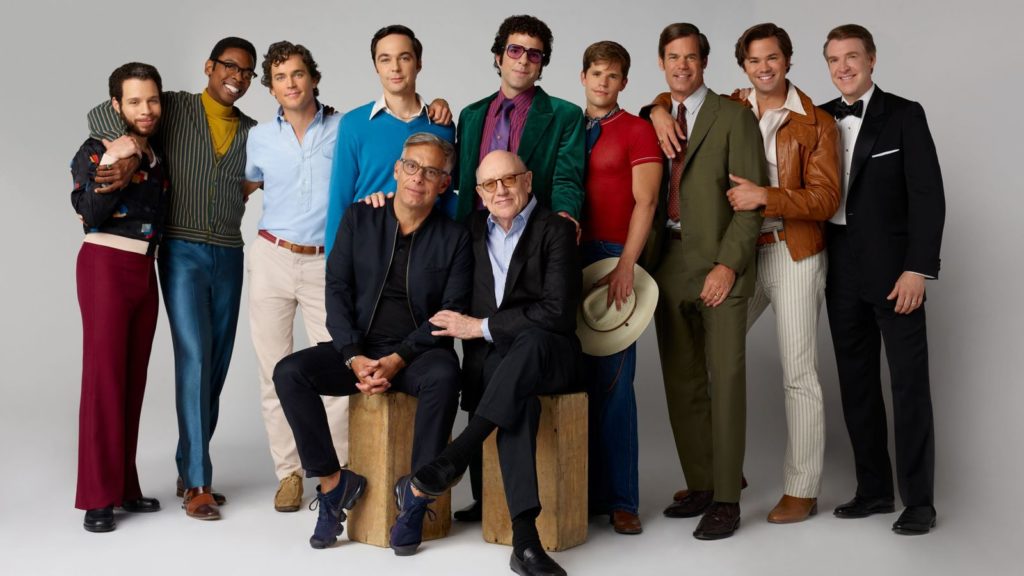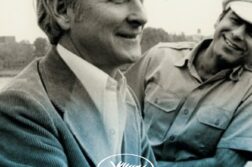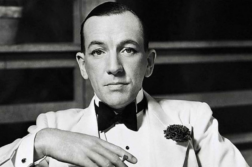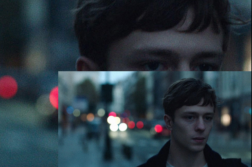
In 1968, Boys in the Band—considered one of the first plays to center a story around gay people—premiered Off-Broadway. All of the gay actors in the original ensemble remained in the closet throughout the hit production for fear of retribution. Five of the actors, the director, and one of the producers, died during the HIV epidemic that followed. 50 years later, producer Ryan Murphy released a Netflix adaptation of the Boys in the Band play after a successful Broadway revival with an all openly-gay cast of actors.
Casting queer actors in queer roles gives us the chance to tell our own stories on our own terms. I know this from my years as a gay actor, and in my current experience as a queer casting director. It gives LGBTQ youth out and proud role models on stage and screen. For parents struggling to accept their queer children, or for those who think they have never met an LGBTQ person, authentic casting gives them openly queer people to admire. When queer people grow up with proud gay role models, we become proud adults. When straight and cisgender people see nuanced and strong LGBTQ characters on stage and screen, they support our rights at home and at the ballot box.
Nearly 15 years after coming out, I’m now Artistic Director of National Queer Theater (NQT) in New York City, a nonprofit I founded in 2018. At NQT, we produce new plays by, for, and about the LGBTQ community, and offer free drama classes for queer youth, immigrants, and people living with HIV. At NQT I work with openly queer and trans actors because they bring authenticity to their roles that straight and cisgender actors can’t provide. I also relish the opportunity to offer employment to LGBTQ actors, who often face discrimination in casting and lack family support. I hire these actors to teach workshops with LGBTQ youth, who benefit from having a positive, out role model in their lives at a time when queer youth disproportionately face homelessness, substance abuse, bullying, depression, anxiety, and suicide ideation. Queer actors are not only better at playing queer characters, but when queer actors are cast as queer characters, it benefits the LGBTQ community and representation in general. We all win.
Casting directors can’t outright ask actors if they are LGBTQ in auditions. I like to ask, “what brought you to this project or this role?” or scan their website to see if they self-identify as queer. When directors ask me to recommend LGBTQ actors for their projects, I happily send them names of openly queer and trans actors I admire, many of whom describe themselves as LGBTQ activists or advocates.
Just as blackface and yellowface, and cisgender actors playing trans roles (such as Eddie Redmayne in The Danish Girl) have become taboo, now is the time for “pinkface” to join their ranks. Many—like writer Aaron Sorkin and actor Javier Bardem, who was Oscar-nominated this year for Being the Ricardos—have made the argument that actors’ jobs are to play someone they’re not. However, this is not an acceptable argument for actors playing a different race. Just as today’s theater, film and media are embracing people of color to undertake the roles of characters of those races, we need to also advocate for members of the LGBTQ community to hold roles of queer characters on the stage and in the arts as well.
The last gay actor to be nominated for an Oscar for playing a gay role was Ian Mckellan in 1998 for his role in Gods and Monsters, 24 years ago. Since then, Phillip Seymour Hoffman (Capote), Sean Penn (Milk), and Rami Malek (Bohemian Rhapsody) have all won statuettes for playing historic gay icons. There are many notable gay producers and directors both on Broadway and in Hollywood. I ask them, are we not good enough to tell our own stories?
In 2008, I came out as gay to my high school on National Coming Out Day after seeing the premiere of the movie Milk at the Castro Theater in San Francisco. The following week, California voters passed Proposition 8, banning same-sex marriage in the liberal state. Actor Sean Penn went on to win the Academy Award for Best Actor for his portrayal of LGBTQ rights pioneer Harvey Milk, which, looking back, feels like a massive missed opportunity. If a gay actor had been allowed to play Milk, one can only imagine how he could have used that platform to fight homophobia in California and across the country. As a newly out gay teenager passionate about acting and theater, I lost out on a role model and a vision for my future as a successful gay actor. While celebrating Ariana DeBose’s recent Oscar win for her triumphant turn as Anita in West Side Story, I’m left wondering why a gay male actor has still never won an Academy Award for acting.
Casting directors and producers must stop casting straight actors in queer roles. For things to change, straight actors must stop accepting these roles. If they do, they will allow gay actors to flourish in industries that have systemically excluded them since the early days of Broadway and Hollywood. With the recent success of openly queer actors like Michaela Jaé Rodriguez (formerly MJ Rodriguez), Elliot Page, Billy Porter, Kirsten Stewart, and Ariana DeBose, now is the time to evolve our standards for representation on stage and screen.

Adam Odsess-Rubin is the Founding Artistic Director of National Queer Theater (NQT) and Co-Founder of the acclaimed Criminal Queerness Festival, showcasing censored and criminalized LGBTQ+ artists from around the world.







Discussion2 Comments
I disagree that directors and producers need to stop casting straight men in gay roles.
The best person should be cast. I lived on the Upper West Side on 1981 when the articles started coming out in the New York Times about HIV.
The best way, for my taste, is NOT to separate ourselves, or to disqualify others based sexuality.
By Adam Odsess-Rubin’s biased logic, no gay actor should then be allowed to play a straight character. I’ve written many small plays and I have had straight actors play gay men and gay men play straight men. It’s all about talent. The moment political restrictions are put on art you wind up with a variety show out of North Korea or Germany during the Third Reich. May the best man, the best woman, the best actor win.